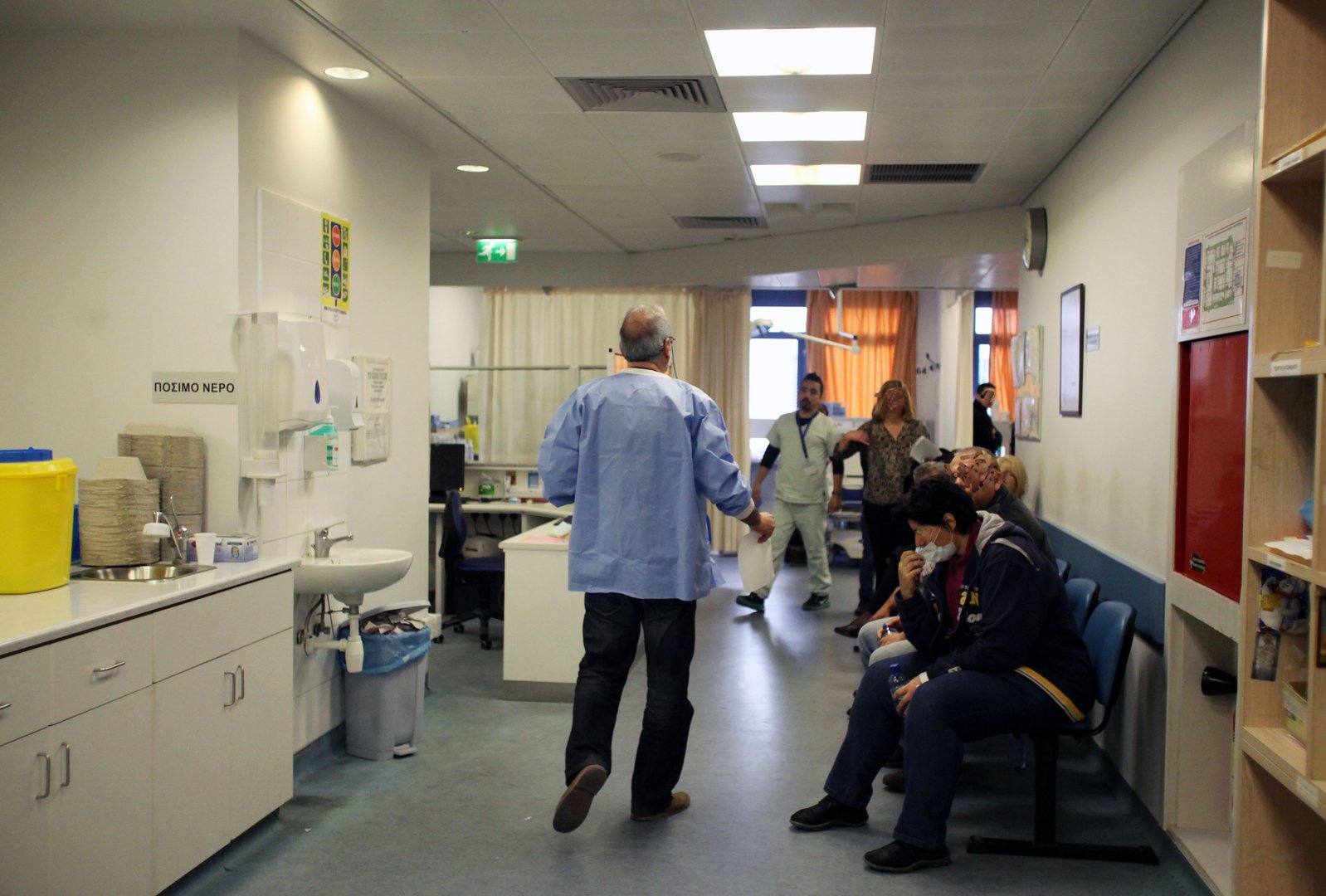Cyprus could hit 2,000 daily infections in the next few weeks once Omicron takes root, epidemiologist Michalis Voniatis said on Thursday, adding however that so far the variant appears to be milder.
He noted the rise in infections over the past ten days – now consistently at about 800 daily – appears to be linked to Omicron.
Voniatis said that lab results are expected to be announced on Friday, which would give a clearer picture of Omicron’s status in Cyprus. But he appeared certain that with the 33 confirmed infections the variant is already spreading within the community.
The key question for Voniatis is the severity of Omicron, but regardless of whether it is milder compared to Delta, he issued strong warnings that people must get tested, particularly as Christmas gatherings are concerned.
“We will see a rise in infections, but the question is how many of those will require treatment,” he said, adding that “Unfortunately, we’ve witnessed illness even among the vaccinated.”
He cited lab tests which showed that a booster dose will significantly bolster a person’s immune system, but we must await to see what happens in practice.
As for the potential severity of Omicron, Voniatis said the indications so far are that fewer people get seriously ill.
He added that there are still many unknowns and until more data is available people must adhere to the measures.
Voniatis’ comments to the Cyprus News Agency (CNA) come a day after a study in South Africa found that the risk of hospitalisation from Omicron was roughly 80 per cent lower than Delta.
For those who do end up in hospital, the risk of severe disease was roughly 30 per cent lower.
The risk of needing to stay in hospital for patients with the Omicron variant of Covid-19 is 40 to 45 per cent lower than for patients with the Delta variant, research published by London’s Imperial College on Wednesday said.
Back in late November, Voniatis suggested that Omicron could lead to the end of the pandemic if it is found to be milder than previous variants.
“What seems to be rather certain, is that it is transmitted much more easily, and this is worrying because it will spread to all countries,” Voniatis said.
“Beyond that… it is believed to be milder, at least this is what the data known so far from South Africa show,” he said on November 29.
Concerns have been raised that even if Omicron is found to be milder, its incredibly high rate of transmissibility could still lead to a dramatic rate of hospitalisations across the population as a whole.







Click here to change your cookie preferences